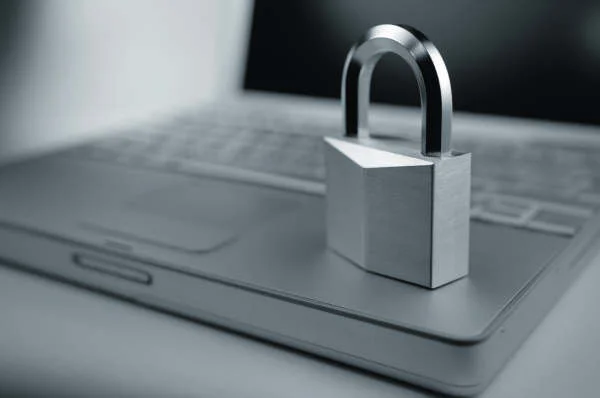So, you’ve bought a used computer at a great price, and you cannot believe your luck. Good for you. However, before you get too excited, you must ensure that the computer is safe to use. Even if you checked it before buying, chances are that you didn’t do a deep sweep. So, there might’ve been something that you missed.
There are many ways to make a used computer secure, from installing an antivirus to installing a VPN by buying one of the best VPN deals. Either way, these steps are necessary, especially if you hand the device over to children or other family members.
In this blog, we will be taking a look at the various hazards that might come with a used computer and how you can take care of them to ensure a digitally safe experience.
5 Dangers You Might Face Buying A Used Computer & Solutions
1. Inhibited Trojans
Only some have the best of intentions when selling their devices. So, you must be careful of malware or inhibited Trojan viruses that the seller might have installed so that they could steal your information. Sometimes, these programs are hidden with encryption, making them hard to find. One such infection is known as MoonBounce.
MoonBounce even evades OS reinstallation by attaching itself to the motherboard’s flash memory.
2. Hidden Network Restrictions
Knowingly or unknowingly, the seller might’ve put certain network restrictions that might’ve stayed hidden from you. These can be implemented on every OS, from Windows to Linux and macOS. So, these restrictions might prevent you from using services such as OneDrive, Steam, Amazon, and more.
3. Vulnerable Backdoors
Backdoors can stay open either intentionally or unintentionally. You will find backdoors on computers that haven’t updated their OS to the latest version. This prevents the computer from installing the latest security updates. This might also mean malicious software or malware might’ve already gotten through that malware.
There are thousands of instances of crypto-jacking and using devices to mine cryptocurrencies.
4. Performance Issues
If you are picking up old equipment, then the equipment might be damaged or just out of date. And if the computer had been lying around before you bought it, then maintenance might also affect performance.
It is important to check all the equipment before and after buying everything and get a cursory check and maintenance done on the device.
5. Battery Hazards
Most people worry about the battery of a refurbished laptop needing to be better to hold out. Still, they also miss out on issues such as battery damage. If the battery is in bad enough condition, it might cause overheating issues and even catch fire as a worst-case scenario.
It is recommended that you at least get the battery of a laptop checked out before you complete the buying process.
5 Solutions To Consider
1. Flash the BIOS
Flashing the BIOS can be tricky work, especially if you are a novice with computers but it is recommended practice. The easiest way to do it is to go to the BIOS Settings at boot up and select the Flash options from the settings and click on it. It will return the BIOS to factory settings.
2. Wipe the Hard Drive/SSD
Once again, it is recommended practice that you wipe the Hard Drive/SSD. In Windows, you can format all disks during reinstallation and resize partitions according to your needs. In macOS, you can do so in System Utilities.
3. Scan The Computer For Viruses
Even after reinstallation, it is a good idea to sweep your entire PC with an antivirus. It is good practice to have an antivirus installed at all times. Use a premium and trusted antivirus from a reliable source and ensure that all drives and folders are scanned, leaving no stone unturned.
Even if no threats come up, you can leave the antivirus to counteract future threats.
4. Update The OS
If you want to close off the backdoors mentioned above and make your device as safe as possible, updating the OS to the latest version is an absolute must. You should especially do it if the device is running a pirated version of the OS. It might cost you a bit, but you can ensure your privacy won’t be compromised.
5. Use A VPN
Let’s talk about how you can protect yourself online as well. It is essential to use a VPN when browsing the internet, especially if you like to explore unsavory websites. Not only do VPNs hide your browsing activity, but they also hide your real identity and physical location by masking your IP address.
A VPN protects all incoming and outgoing data by encrypting it with algorithms. It can even help you change your location, bypassing geo-restrictions on streaming websites.
Wrap Up
There is nothing wrong with buying a used computer, but it is highly recommended to take the steps mentioned above. These steps will ensure that your experience is as safe and as trouble-free as possible. You can never know somebody’s intentions, so it is best to err on the side of caution.








